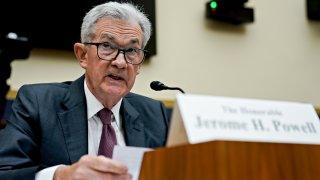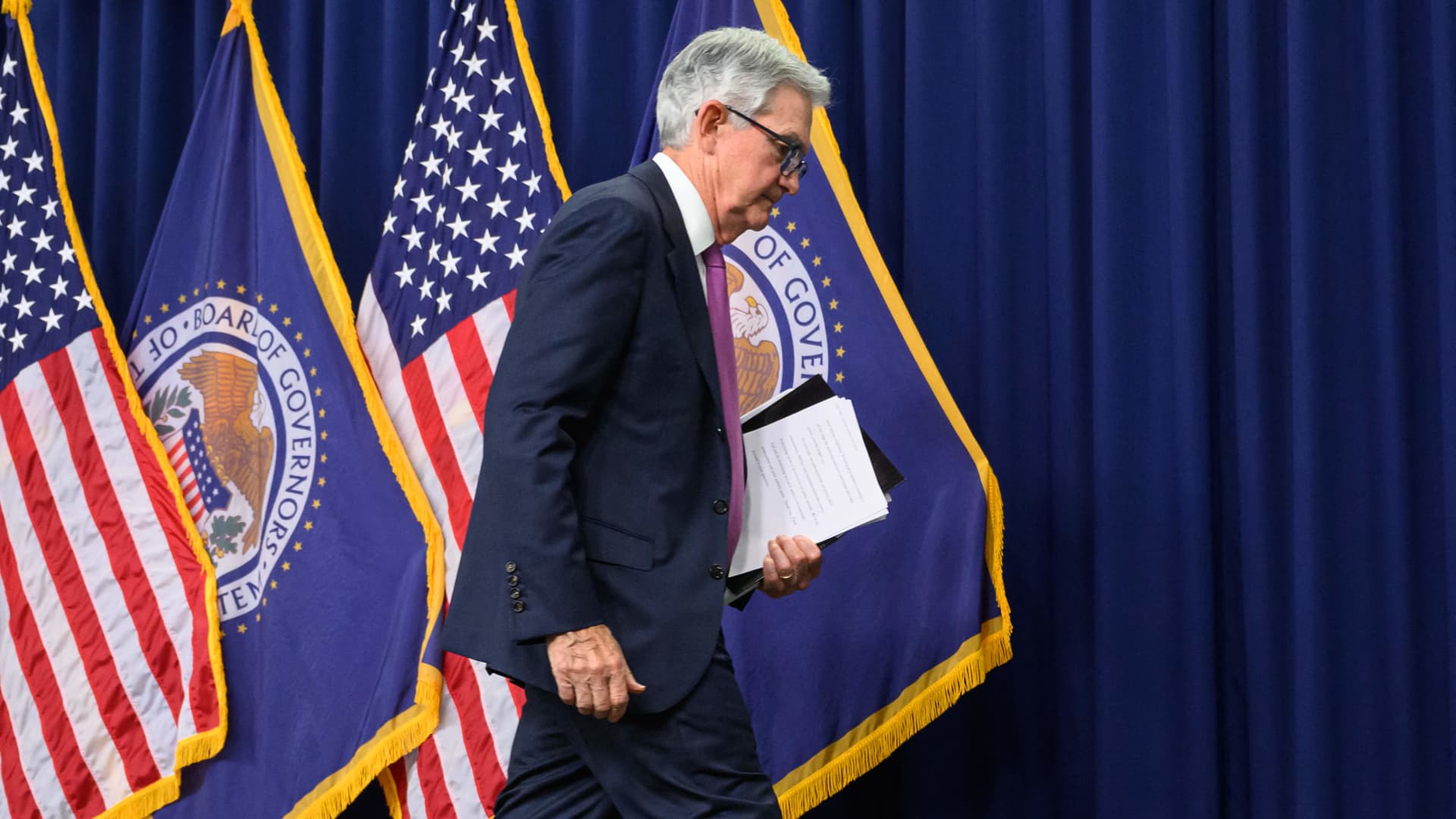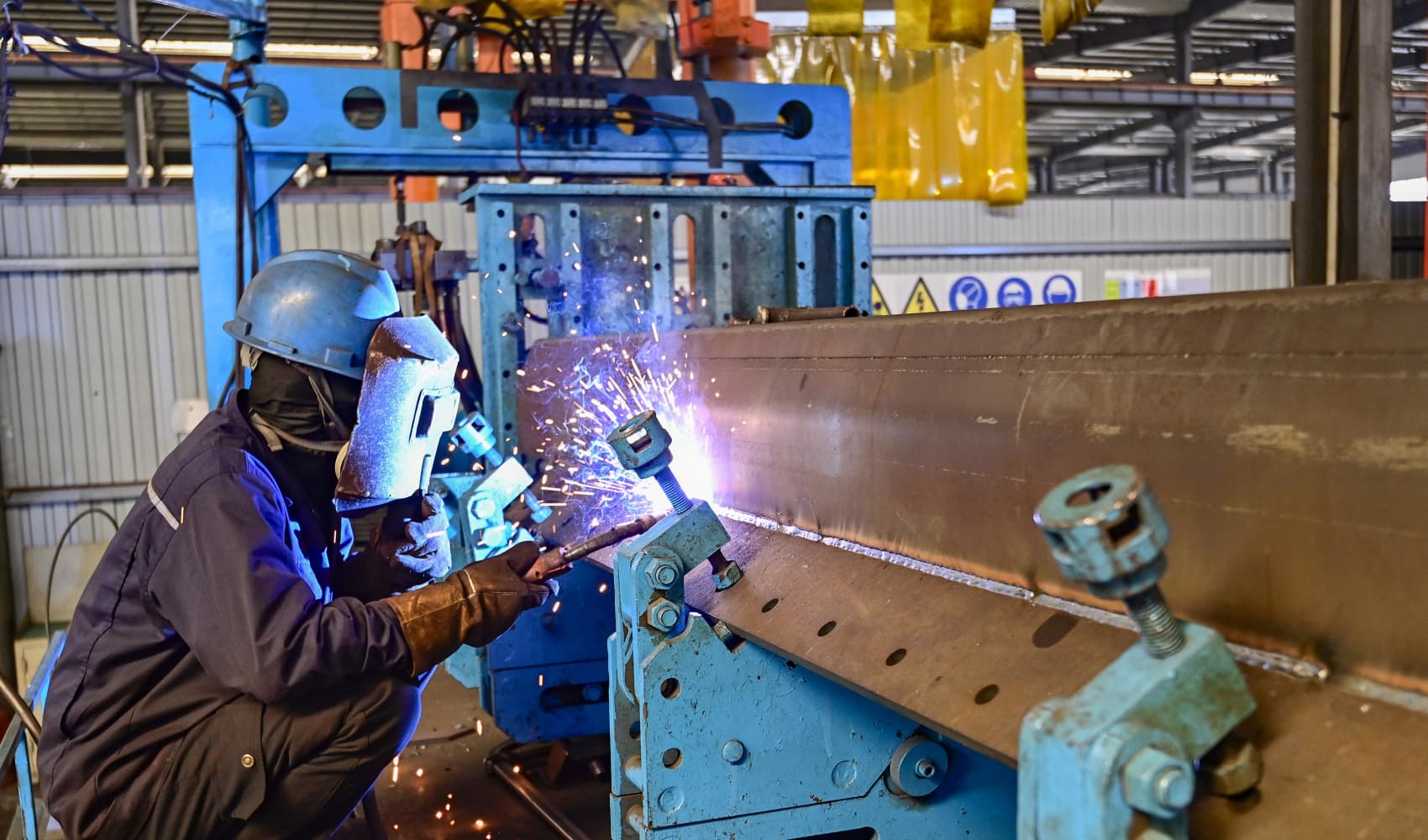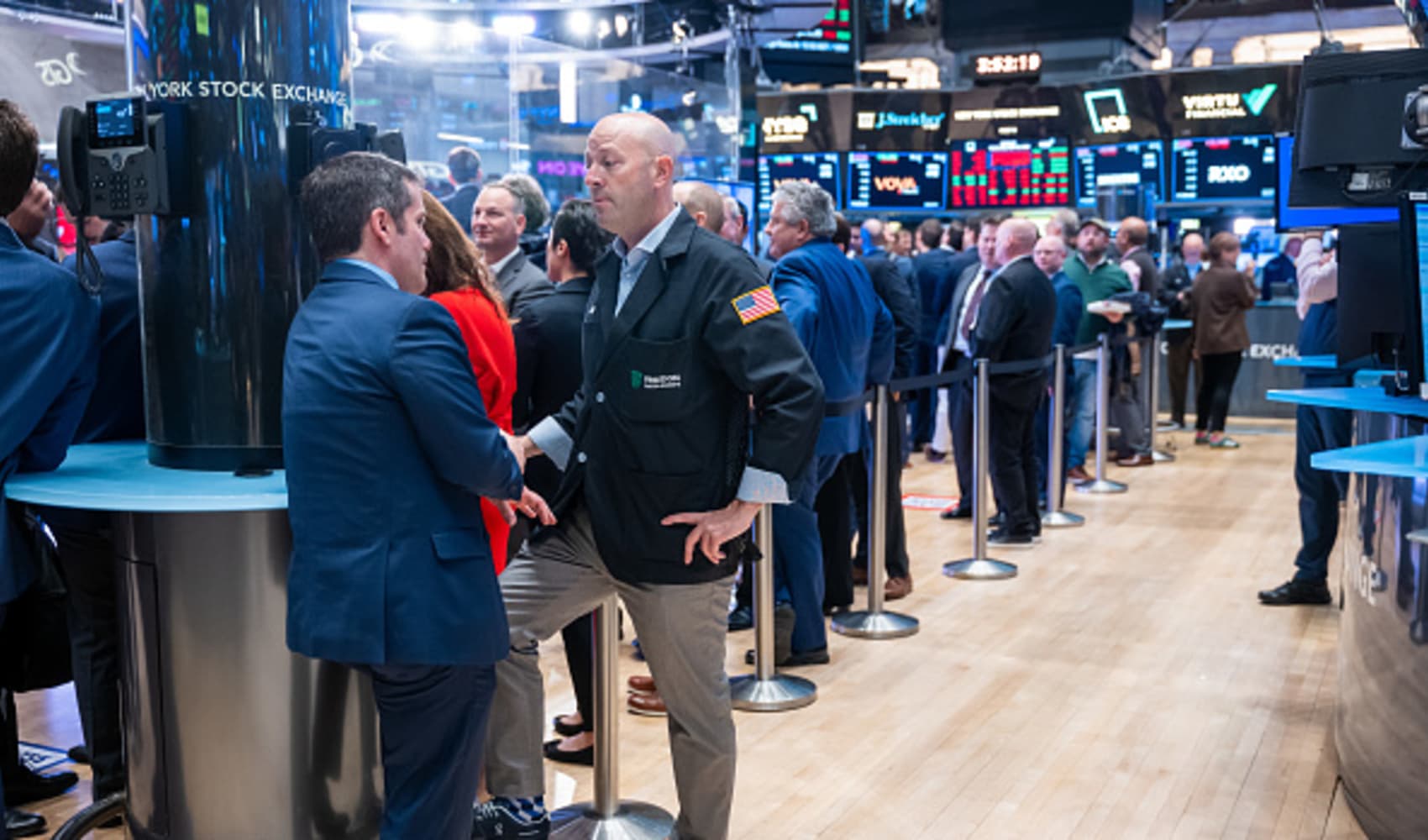
- Federal Reserve Chairman Jerome Powell on Wednesday affirmed that more interest rate increases are likely ahead as inflation is "well above" where it should be.
- "Inflation pressures continue to run high, and the process of getting inflation back down to 2% has a long way to go," he said.
- Powell said the labor market is still tight though there are signs that conditions are loosening.
Federal Reserve Chairman Jerome Powell on Wednesday affirmed that more interest rate increases are likely ahead until additional progress is made on bringing down inflation.
Speaking a week after Federal Open Market Committee officials decided for the first time in more than a year not to push rates higher, the central bank leader indicated that the move likely was just a brief respite rather than an indication that the Fed is done hiking.
Get DFW local news, weather forecasts and entertainment stories to your inbox. Sign up for NBC DFW newsletters.
"Nearly all FOMC participants expect that it will be appropriate to raise interest rates somewhat further by the end of the year," Powell said in prepared remarks for testimony he will deliver to the House Financial Services Committee. The speech is part of his semiannual appearance on Capitol Hill to update lawmakers on monetary policy.

Following last week's two-day FOMC meeting, officials indicated they see rate increases totaling 0.5 percentage point through the end of 2023. That would indicate two additional hikes, assuming quarter-point moves. The Fed's benchmark borrowing rate is currently pegged in a range between 5%-5.25%.
Money Report
Noting that inflation has cooled but "remains well above" the Fed's 2% target, Powell said the central bank still has more work to do.
"Inflation has moderated somewhat since the middle of last year," he said. "Nonetheless, inflation pressures continue to run high, and the process of getting inflation back down to 2% has a long way to go."
Fed officials generally prefer to look at "core" inflation, which excludes food and energy prices. That is showing inflation running at a 4.7% year-over-year rate through April, according to the central bank's preferred measure of personal consumption expenditures prices. The core consumer price index for May was at 5.3%.
Monetary policy moves, such as rate hikes and the Fed's efforts to shed bond holdings on its balance sheet, tend to work with lags. As such, officials decided to skip hiking at this month's meeting as they observed the impact that policy tightening has had on the economy.
Powell said the labor market is still tight though there are signs that conditions are loosening, such as an increase in labor force participation in the prime 25-to-54 age group and some moderating in wages. However, he noted that the number of open jobs still far exceeds the available labor pool.
"We have been seeing the effects of our policy tightening on demand in the most interest rate-sensitive sectors of the economy," he said. "It will take time, however, for the full effects of monetary restraint to be realized, especially on inflation."
Powell later said that the Fed has adjusted its approach to policy after implementing rate hikes at the most aggressive pace since the early 1980s. Included in that run was a streak of four consecutive 0.75 percentage point increases, a pace that Powell said doesn't seem appropriate now.
"Given how far we've come, it may make sense to move rates higher but to do so at a more moderate pace," he said during the question-and-answer session with committee members.
Inflation expectations, considered a key variable for where prices are heading over time, are "well-anchored," Powell said. The closely watched University of Michigan consumer confidence survey, for instance, showed that the inflation outlook for a year from now dipped to 3.3%, the lowest since March 2021.
However, Powell also noted that getting inflation lower will require slowing down the economy to below-trend growth. He also emphasized that rate decisions will be made based on incoming data and meeting by meeting, rather than on a preset course.
The remarks also briefly touched on the banking turmoil earlier in the year. Powell said the episode served as a reminder that the Fed needs to make sure its supervisory and regulatory practices are appropriate.






